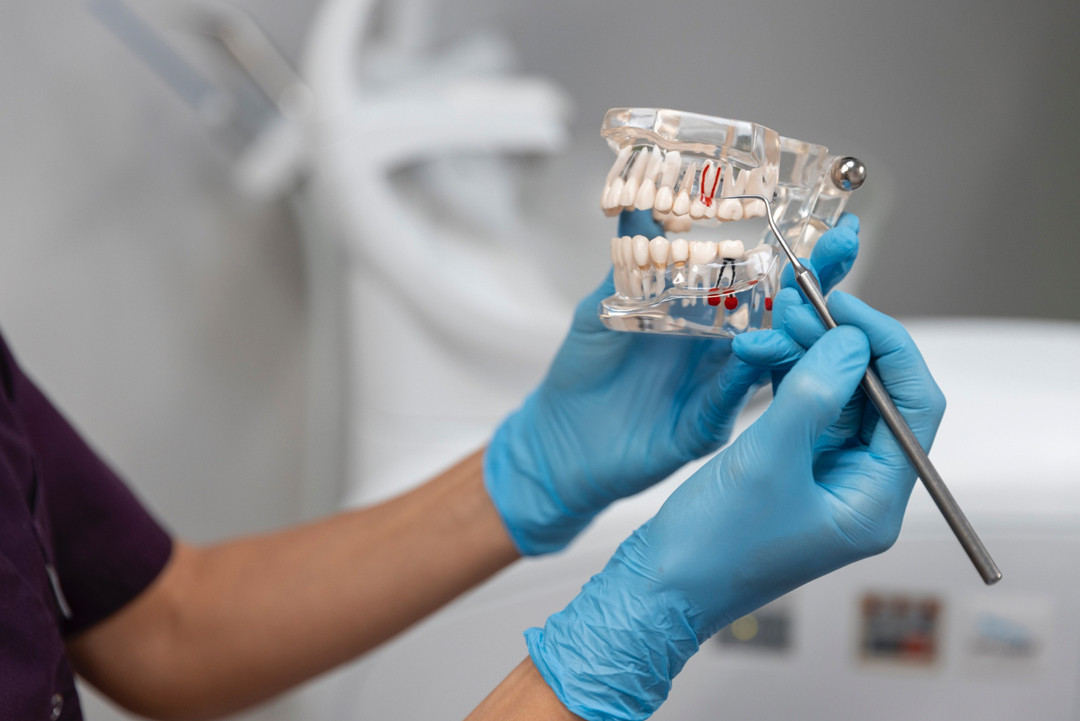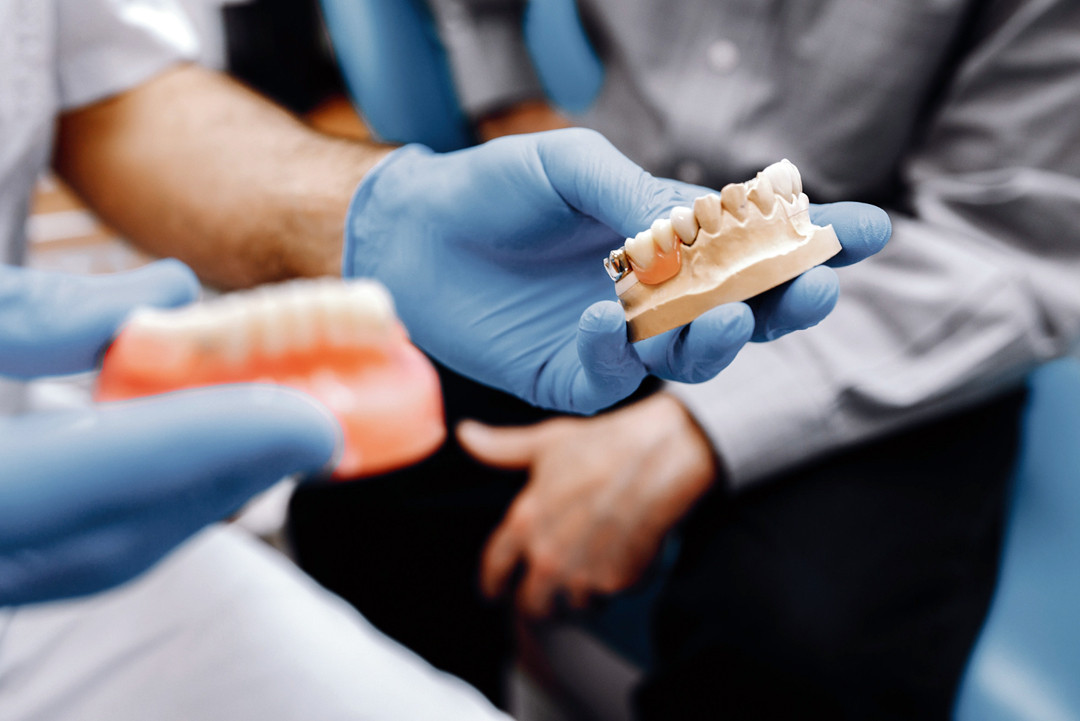What Is Rheumatology?
Rheumatology is a specialized branch of medicine focusing on the diagnosis, treatment, and management of diseases affecting the joints, muscles, bones, and connective tissues. Rheumatic diseases, often systemic, can impact overall health and quality of life, causing pain, swelling, stiffness, and even disability. These conditions are often autoimmune in nature, where the immune system mistakenly attacks healthy tissues.
Role of Rheumatologists
Rheumatologists are experts in managing a wide range of rheumatic and autoimmune conditions. They use a combination of:
- Diagnostic Tools: Imaging (X-rays, MRIs, ultrasounds) and laboratory tests to identify inflammation markers and autoimmune antibodies.
- Medical Interventions: Prescription medications such as NSAIDs, DMARDs, and biologics to manage symptoms and prevent disease progression.
- Holistic Approach: Incorporating lifestyle changes, physical therapy, and patient education to optimize overall health.
Common Rheumatic Diseases and Treatments
- Osteoarthritis (OA)
- What It Is: Degenerative joint disease caused by cartilage breakdown.
- Symptoms: Pain, stiffness, swelling, reduced joint mobility.
- Treatment:
- Medications: NSAIDs for pain and inflammation.
- Physical therapy: Strengthens muscles around the joint.
- Lifestyle changes: Weight management and low-impact exercises.
- Surgery: Joint replacement in severe cases.
- Rheumatoid Arthritis (RA)
- What It Is: A chronic autoimmune condition causing joint inflammation and tissue damage.
- Symptoms: Morning stiffness, joint pain, swelling, fatigue, fever.
- Treatment:
- DMARDs: Methotrexate and sulfasalazine slow disease progression.
- Biologics: Target specific parts of the immune system.
- Physical therapy: Maintains joint function and mobility.
- Gout
- What It Is: Accumulation of uric acid crystals in the joints, often affecting the big toe.
- Symptoms: Sudden, intense joint pain, redness, and swelling.
- Treatment:
- Medications: NSAIDs, colchicine, and drugs to reduce uric acid levels.
- Lifestyle changes: Low-purine diet, weight management, increased water intake.
- Ankylosing Spondylitis (AS)
- What It Is: Inflammation of the spine and sacroiliac joints.
- Symptoms: Chronic back pain, reduced spinal flexibility, fatigue.
- Treatment:
- Medications: NSAIDs, TNF inhibitors, and IL-17 inhibitors.
- Physical therapy: Exercises to maintain spinal mobility and posture.
- Vasculitis
- What It Is: Inflammation of blood vessels affecting organ function.
- Symptoms: Varies depending on affected organs—can include shortness of breath, numbness, and skin changes.
- Treatment:
- Corticosteroids: Reduce inflammation.
- Immunosuppressants: Manage immune system activity.
- Specialized care: Collaborative treatment with dermatologists, neurologists, or nephrologists.
Why See a Rheumatologist?
- Persistent joint pain, stiffness, or swelling.
- Unexplained fatigue or fever.
- Symptoms of autoimmune diseases (e.g., skin rashes, dry eyes, or mouth).
- Chronic back pain or reduced spinal mobility.
- Systemic symptoms involving multiple organs.
Rheumatology Procedures and Tests
- Imaging: X-rays, MRIs, and ultrasounds to assess joint damage and inflammation.
- Lab Tests: Blood tests for rheumatoid factor (RF), anti-CCP antibodies, ANA, and ESR/CRP levels.
- Synovial Fluid Analysis: Checks for infection or uric acid crystals.
- Joint Injections: Corticosteroids or hyaluronic acid for pain relief.
Holistic Care in Rheumatology
Rheumatology combines medical treatments with lifestyle and physical therapies to ensure optimal management of chronic conditions. This integrated approach emphasizes early diagnosis, tailored treatments, and patient education for long-term well-being.
For personalized treatment options, schedule a consultation today!


















